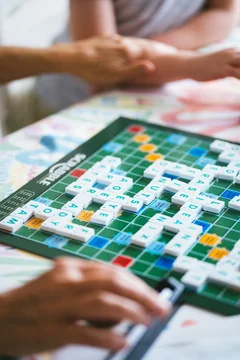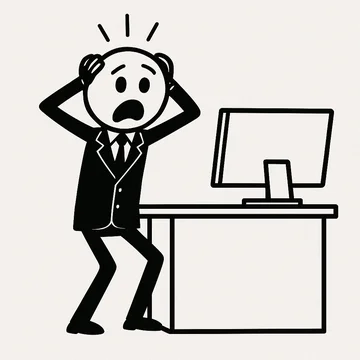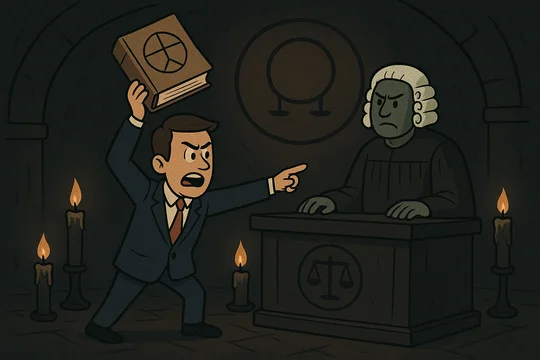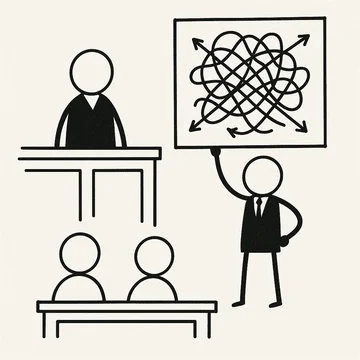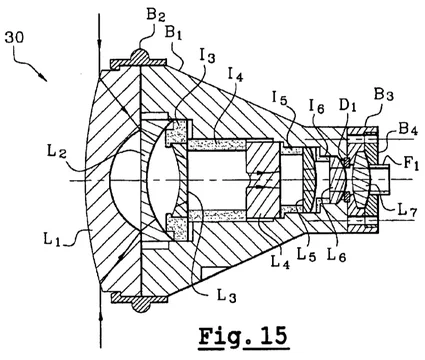
Hearings on motions for summary judgment in patent cases in the District of Delaware can vary in length, but they are typically measured in hours, rather than days.
That's why it was interesting to see the below order by Judge Burke in Scale Biosciences, Inc. v. Parse Biosciences, Inc., C.A. No. 22-1597-CJB (D. Del.) earlier this week.
In it, the Court cancelled a trial set to start Monday, and instead scheduled almost three full days' worth of hearings next week on six pending motions for summary judgment, plus two other motions:
ORAL ORDER: For the reasons discussed with the parties at last Friday’s hearing, the trial previously scheduled to begin on October 20, …

